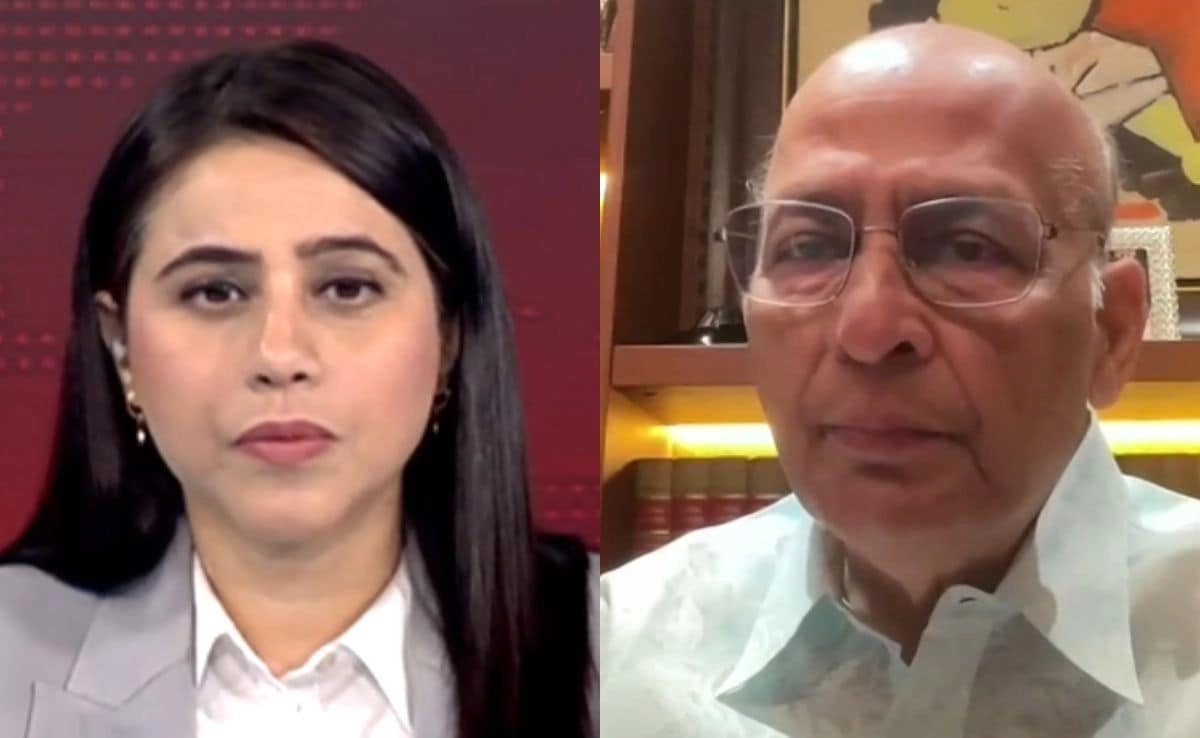Abhishek Singhvi recently addressed the significance of Article 142 of the Indian Constitution, which empowers the Supreme Court to pass any order necessary for doing complete justice in any case. He described this provision as a “venerable old power” that has historically served as a vital tool for the judiciary to ensure justice beyond the confines of strict legal frameworks. Singhvi emphasized that Article 142 is not merely a procedural mechanism; rather, it embodies the essence of the judiciary’s role in safeguarding fundamental rights and addressing grievances that may arise from the rigidity of existing laws. By invoking this article, the Supreme Court has been able to fill gaps in the legal system and provide relief in cases where conventional legal remedies fall short.
In light of recent comments made by Vice President Venkaiah Naidu regarding the Supreme Court, Singhvi reiterated the importance of maintaining the independence of the judiciary. Naidu’s remarks highlighted the need for a balance between judicial activism and restraint, acknowledging the pivotal role that the Supreme Court plays in upholding the Constitution. Singhvi supports this perspective but cautions against any attempts to undermine the authority of the judiciary. He believes that the Supreme Court’s ability to invoke Article 142 is essential for addressing complex legal issues and ensuring that justice is served in a timely manner. Any criticism of the judiciary must be constructive and aimed at fostering a collaborative relationship between the legislative, executive, and judicial branches of government.
Moreover, Singhvi pointed out that while judicial accountability is crucial, it should not be misconstrued as a means to limit judicial power. The judiciary must retain its capacity to interpret the law creatively and adaptively, particularly in cases that involve social justice and the protection of individual rights. He stressed that Article 142 should be viewed as a mechanism for progressive justice, enabling the court to respond to evolving societal norms and challenges. Singhvi’s reflections underscore the ongoing dialogue surrounding the role of the judiciary in a democratic society, highlighting the delicate balance required to maintain judicial independence while ensuring accountability.
In conclusion, Singhvi’s discourse on Article 142 and the comments made by the Vice President serve as a reminder of the dynamic interplay between the various branches of government in India. The judiciary, through its powers under Article 142, plays a crucial role in protecting the rights of citizens and delivering justice where conventional laws may falter. As discussions around judicial activism and accountability continue, it is imperative to recognize the importance of preserving the independence of the judiciary while fostering a collaborative environment among all branches of governance. This balance is essential for the continued evolution of justice in India, ensuring that the legal system remains responsive to the needs of society.




